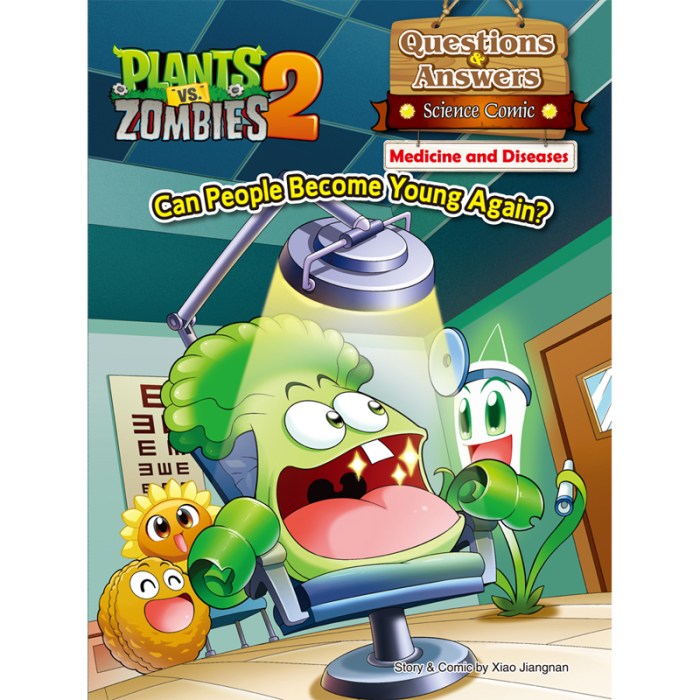The science of zombies question worksheet answers takes center stage, offering a fascinating exploration into the realm of the undead. This in-depth guide delves into the scientific plausibility of zombie-like conditions, unraveling the mysteries that surround these enigmatic creatures.
From their physiology and epidemiology to their societal impact and potential solutions, this comprehensive resource provides a wealth of knowledge that will captivate both the curious and the scientific-minded.
Introduction
In popular culture and folklore, zombies are often depicted as reanimated corpses that crave human flesh. While the concept of zombies may seem like a work of fiction, there are certain scientific conditions that could potentially lead to zombie-like behavior.
Physiology of Zombies
Zombies are often portrayed as having superhuman strength and durability, as well as a resistance to pain and injury. Some theories suggest that this could be due to brain damage or a viral infection that alters the body’s response to pain and injury.
Brain Damage, The science of zombies question worksheet answers
Brain damage, particularly in the prefrontal cortex, can result in impaired judgment, aggression, and a lack of empathy. These symptoms are often associated with zombie-like behavior.
Viral Infection
Certain viruses, such as rabies, can cause a condition known as hydrophobia, which leads to increased aggression and sensitivity to water. Rabies can also cause damage to the brain, leading to impaired cognitive function and a loss of inhibition.
Epidemiology of Zombies
The transmission of a zombie infection could potentially occur through a variety of mechanisms, including bites, scratches, or contact with infected bodily fluids.
Factors that could contribute to a zombie outbreak include population density, social unrest, and a lack of medical resources.
Societal Impact of Zombies
A zombie outbreak would have a devastating impact on society, leading to widespread panic, chaos, and a breakdown of social order.
Challenges in maintaining order and preventing panic include the lack of communication, the difficulty in distinguishing between the infected and the uninfected, and the potential for violence and looting.
Scientific Solutions to the Zombie Problem

There are currently no known medical interventions or technologies that can effectively combat a zombie infection.
Potential solutions that have been proposed include developing a vaccine to prevent infection, developing a cure to treat the infected, and developing weapons to incapacitate or destroy zombies.
Zombie Apocalypse Preparedness: The Science Of Zombies Question Worksheet Answers

In the event of a zombie outbreak, individuals and communities should be prepared with the following:
- Emergency supplies (food, water, medical supplies)
- Evacuation plans
- Self-defense techniques
- Communication devices
- Medical knowledge
Ethical Considerations

Dealing with zombies raises several ethical concerns, including the potential for discrimination or violence against the infected.
Scientists and medical professionals have a responsibility to prioritize the well-being of the general population while also respecting the rights of the infected.
Questions Often Asked
What are the key physical characteristics of zombies?
Zombies are typically depicted as having pale skin, sunken eyes, and a disheveled appearance. They exhibit an unnatural gait and possess a remarkable resistance to injury and infection.
How might a zombie infection spread?
The transmission of a zombie infection could occur through various mechanisms, including bites, scratches, or contact with infected bodily fluids. The exact mode of transmission remains a subject of scientific speculation.
What ethical considerations arise in dealing with zombies?
The ethical implications of dealing with zombies are complex, as they blur the lines between human and non-human. Issues of discrimination, violence, and the responsibilities of scientists and medical professionals come to the forefront in such scenarios.